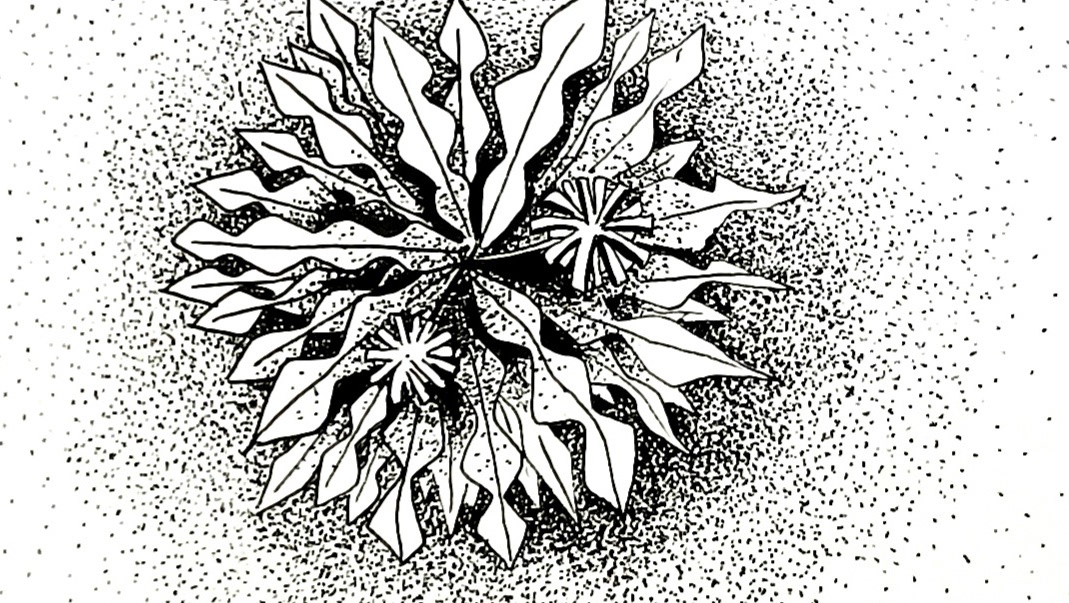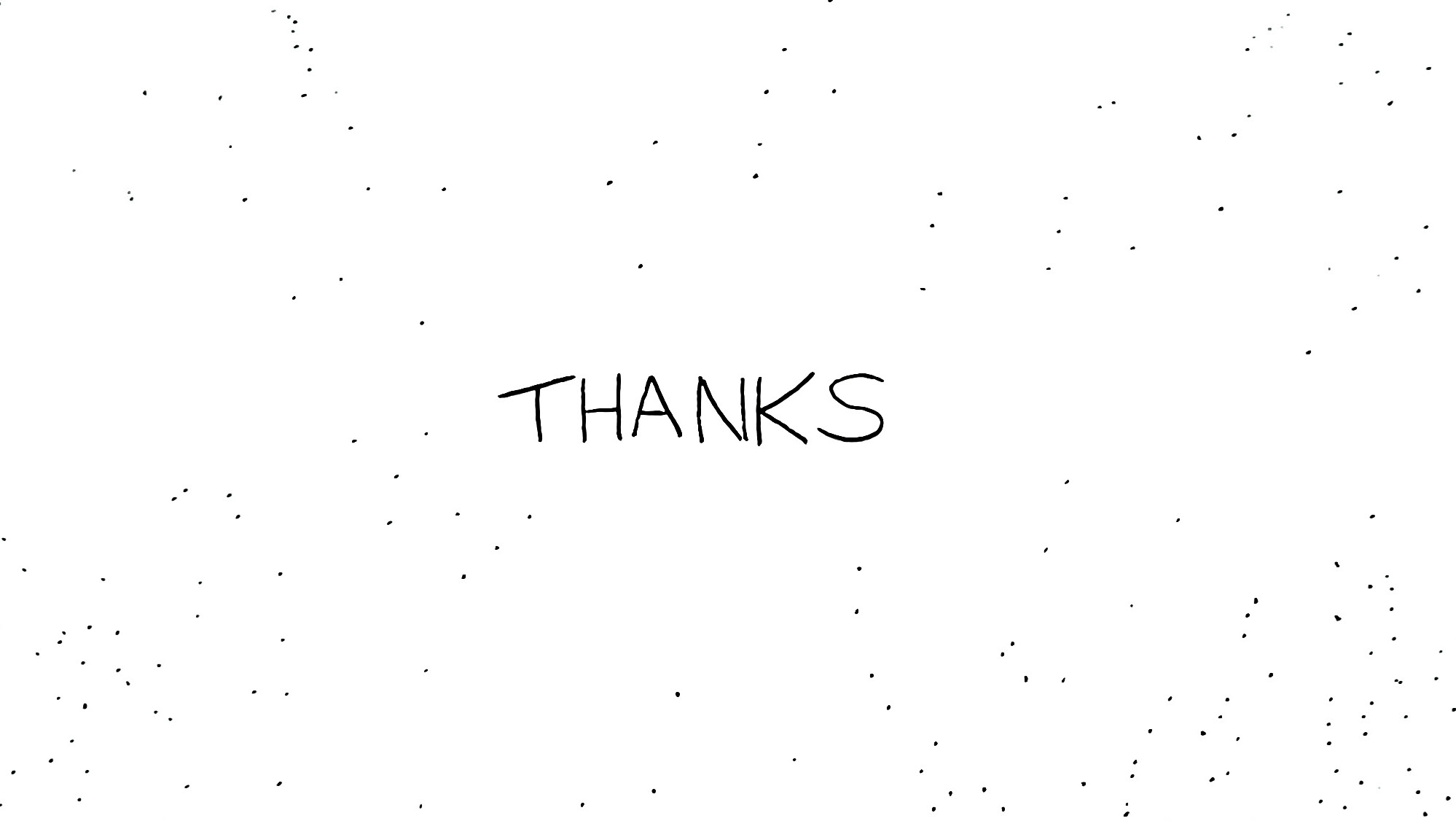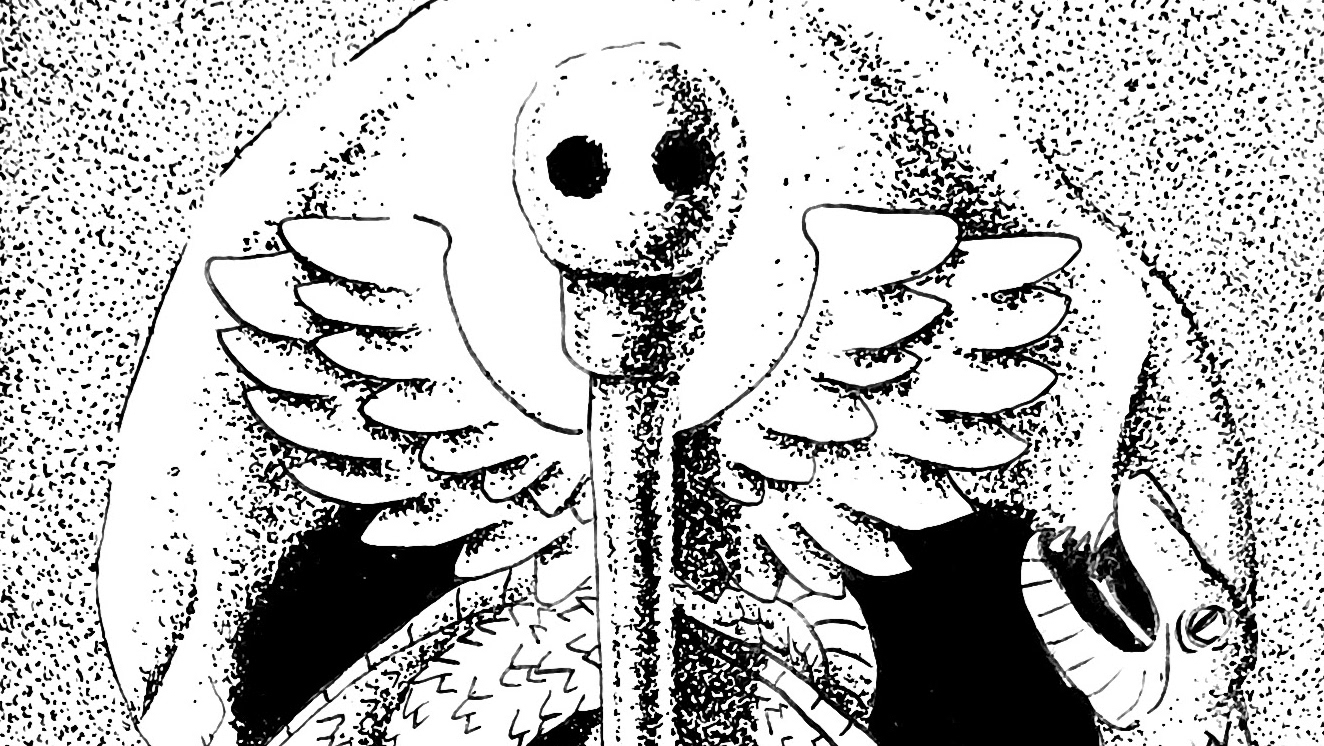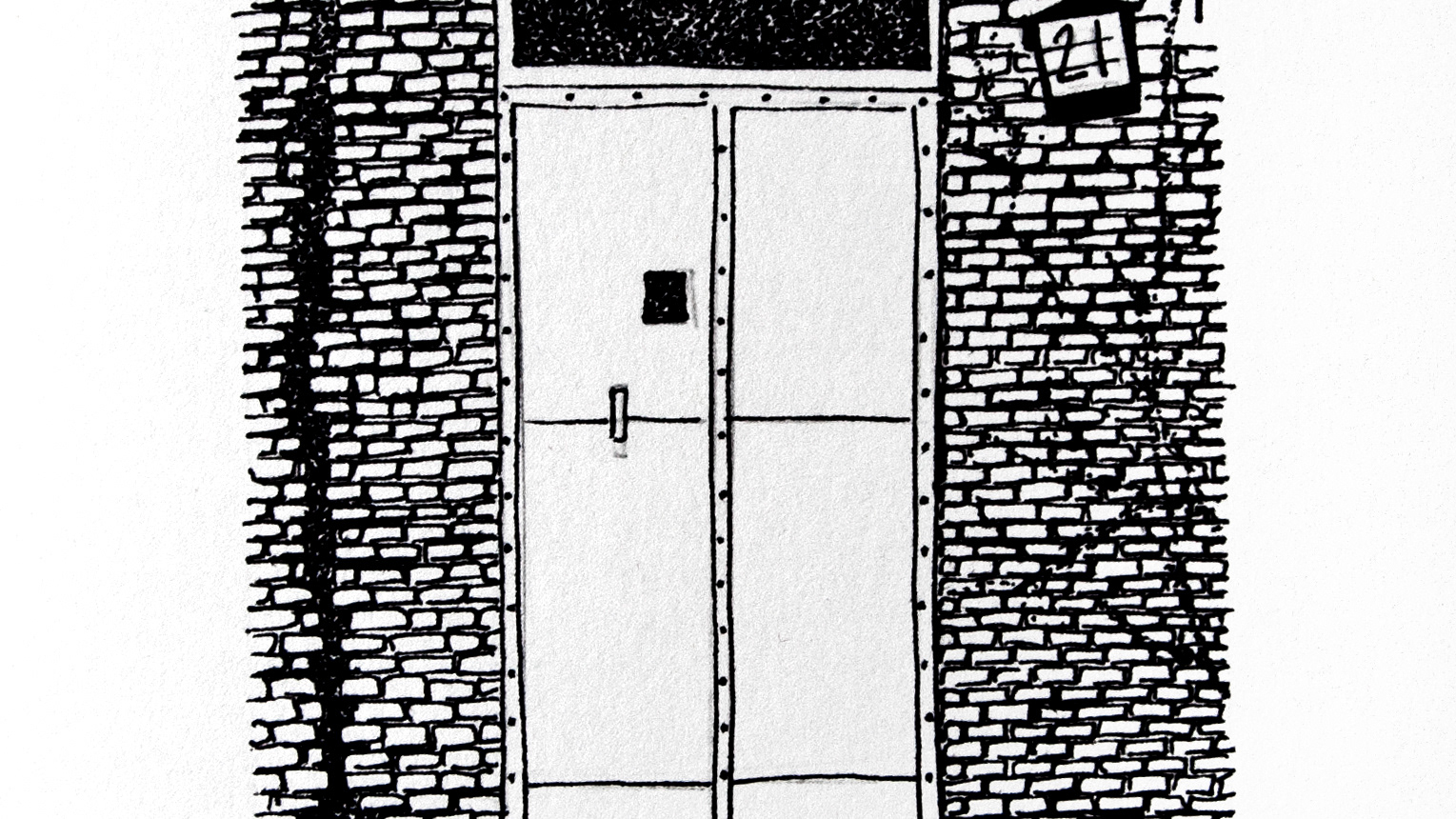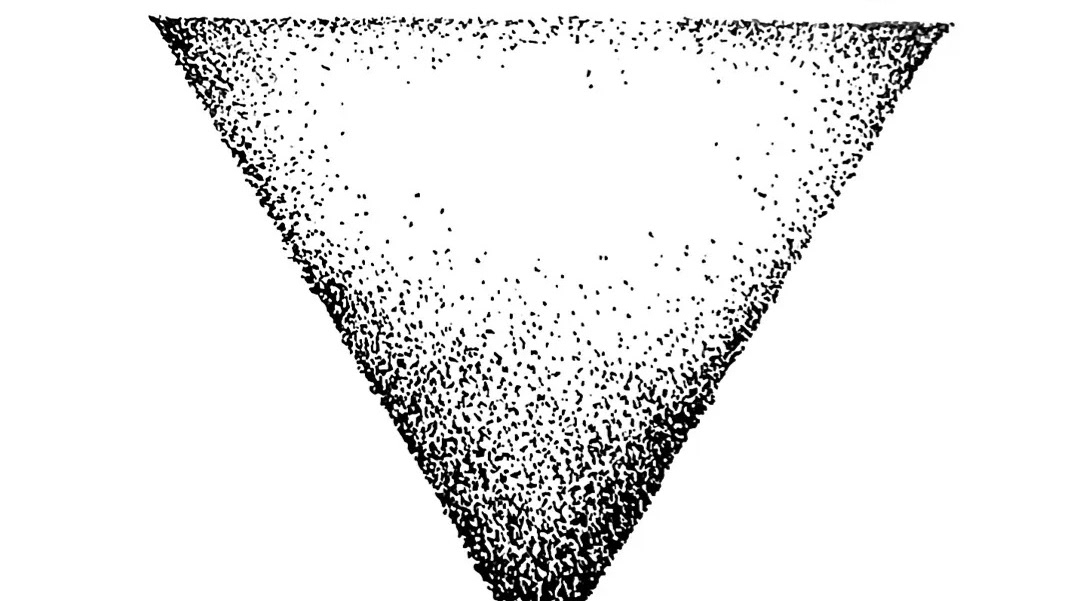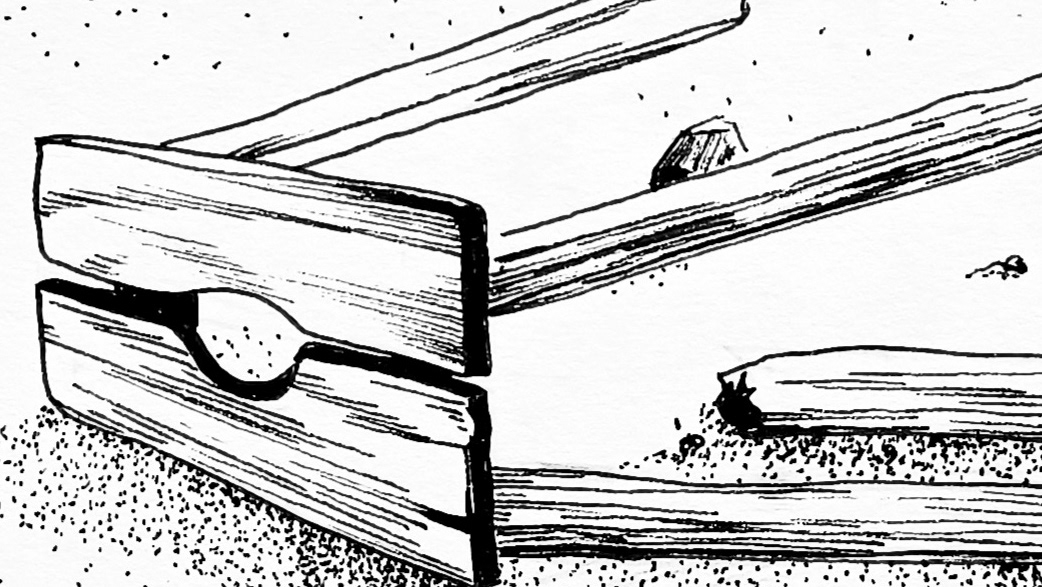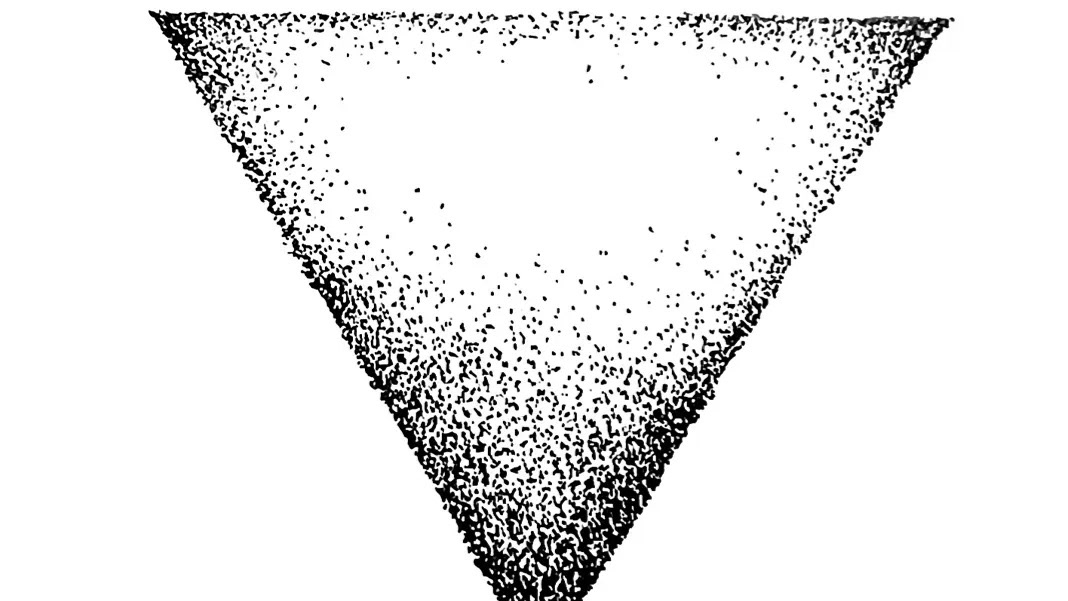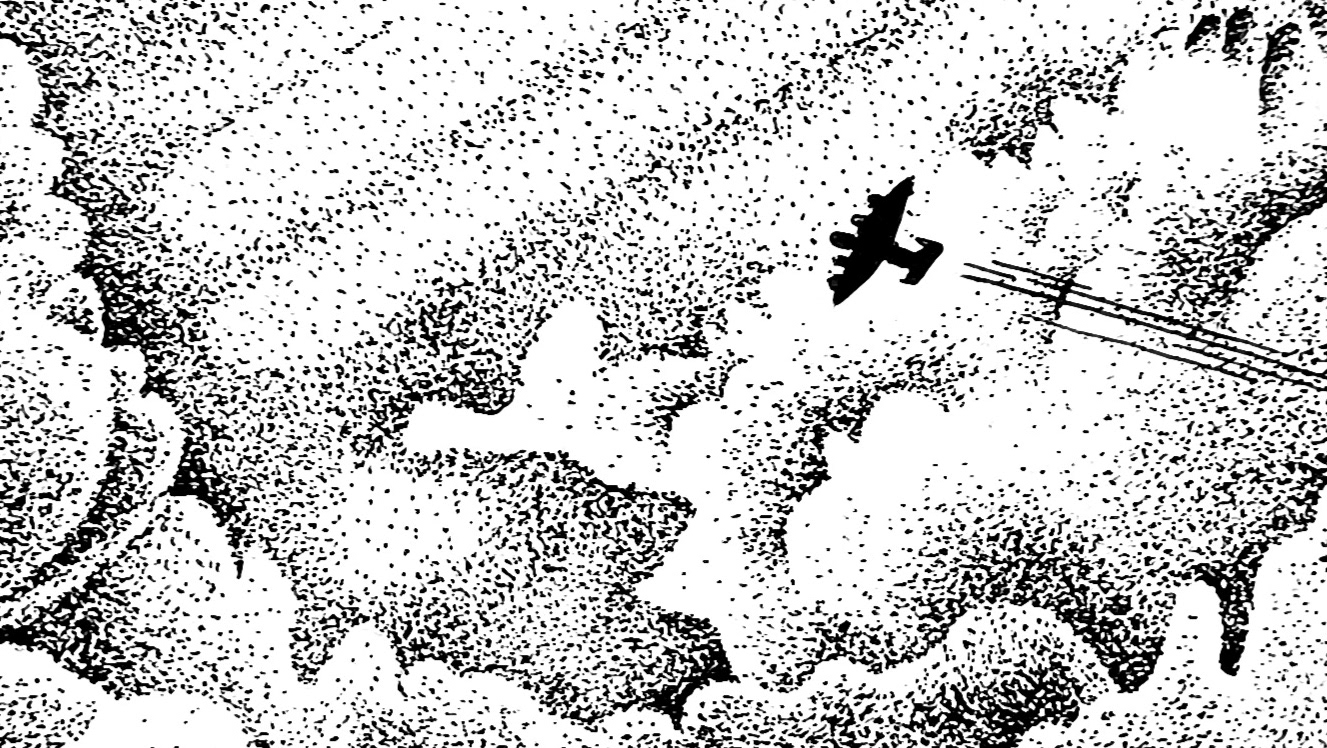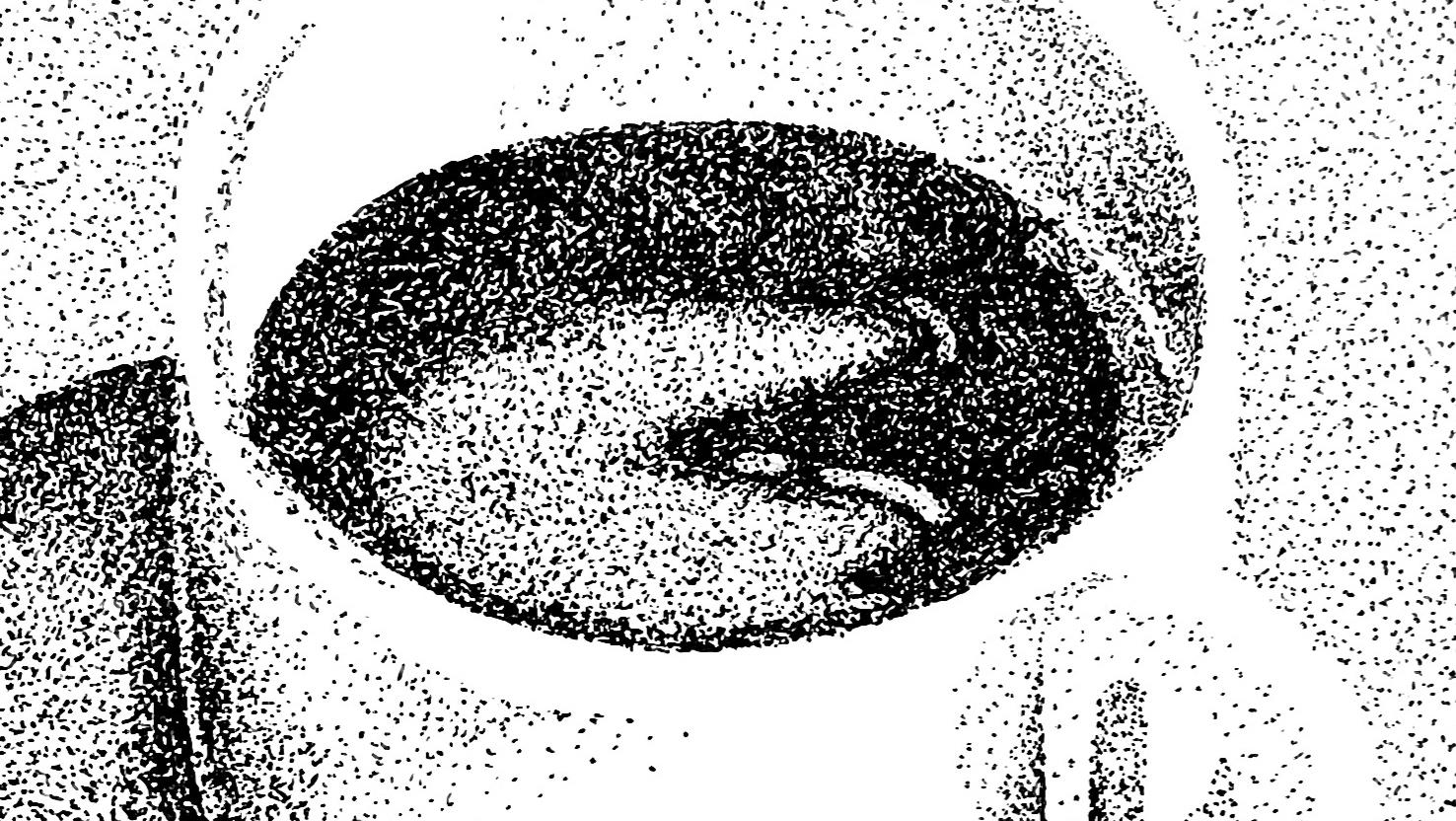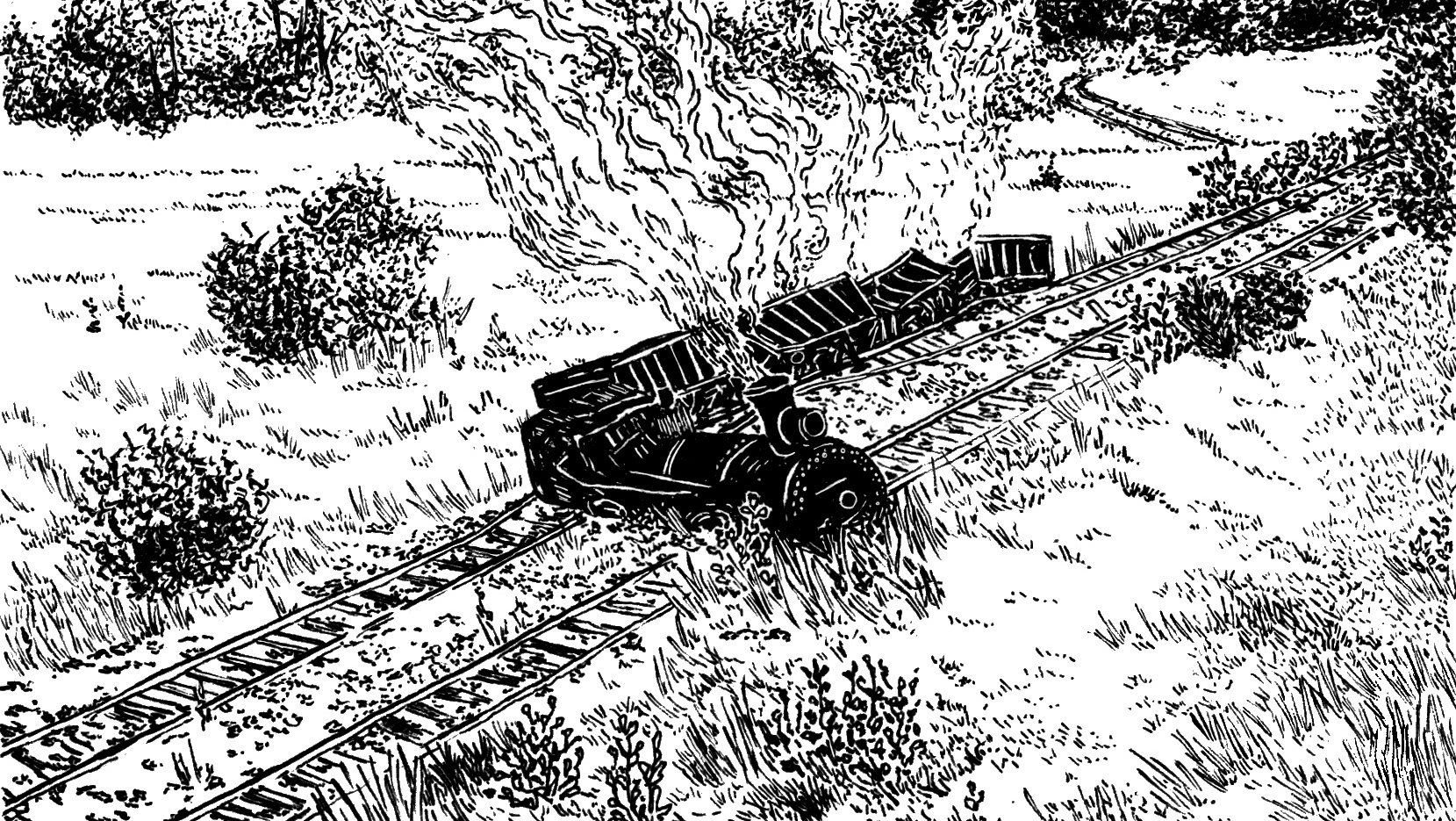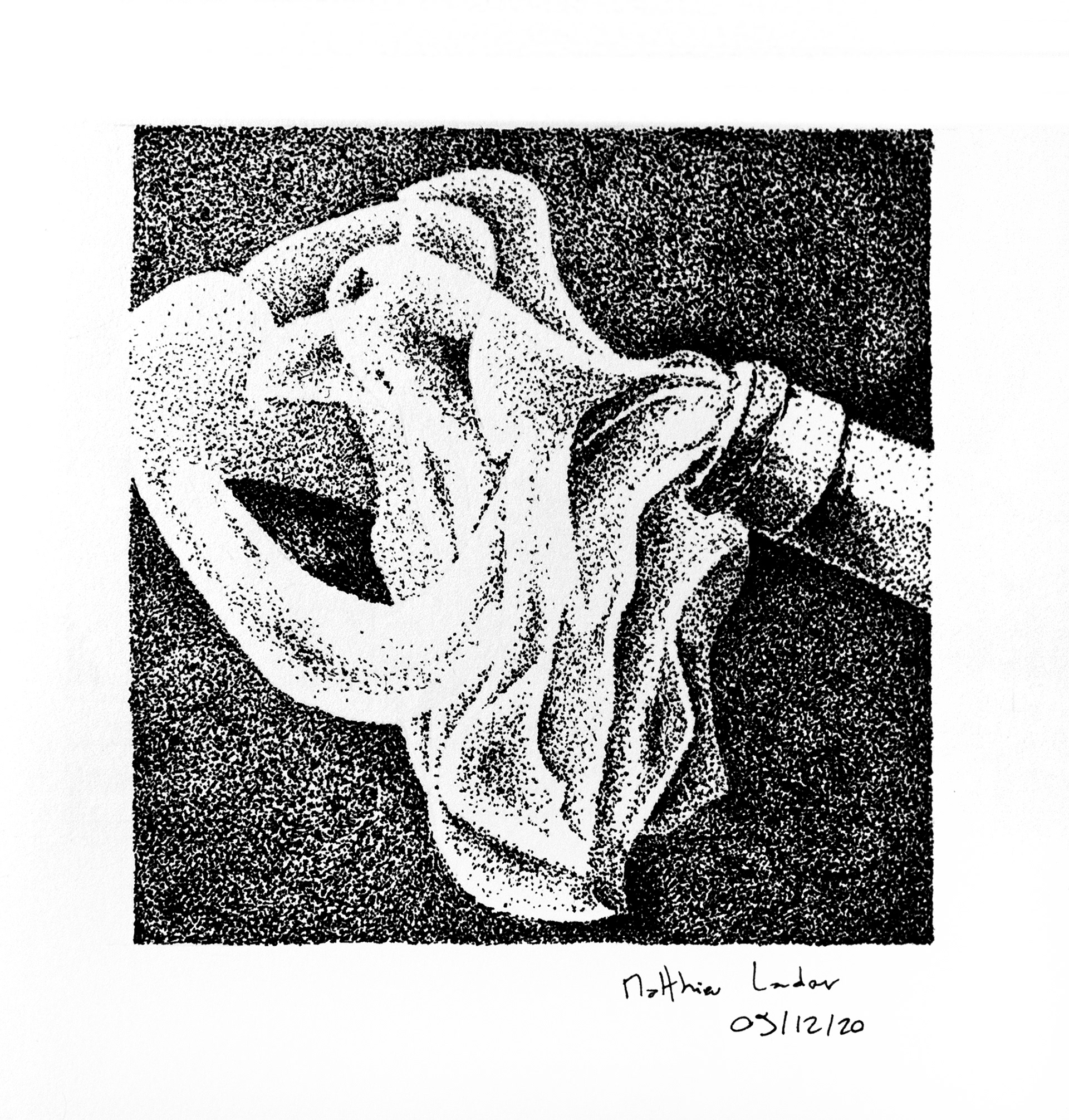
cocktail Molotov
Today is the 22nd of June 1941, the Barbarossa operation begins, Germany starts invading the Soviet Union. When Robert Philippot hears about it, from the Clairvaux prison, he worries. Yet, at least, from that point on, everything will be much clearer, the confusion may end
Back in 1939, on the 23th of August, Soviet Union and Germany made a pact, the Molotov Ribbentrop pact. Whatever happened, Soviet Union and Germany were to stay neutral to each other, they wouldn't ally themselves to an enemy of the other
After years of ideological conflict, the two powers became unlikely allies. How could such a pact exist? Robert Philippot was a communist deputy, a communist head should have been able to explain such a decision, yet it was difficult to him as well, the french communist party was taken aback, forced to follow, without any explanation. For the Soviet Union, nazi Germany was the enemy, antifascism was obvious since the beginning, any member of the party should have stood against this treaty.
Yet wouldn't Staline know what he was doing ? Wasn't it a solution to prevent a global conflict ?
To Robert, a conflict was to be avoided, at all costs. Sergeant during World War one in 14-18, he saw all kinds of atrocities. All those deaths made no sense, except for extending territories, colonies, empires whose only will was to grow more and more, exploit again and again.
This had to be stopped from happening again.
Nothing good could come out of a war declaration between France and Germany, Robert was convinced soldiers would lose their lives, and France might even lose this time.
But this conflict also felt inevitable, and the fascist line of a country like Germany only increased in danger, this couldn't be ignored either. The communist deputies voted along the government for war credits on the 2nd of September, despite the pact, still without any news from the komintern.
For the French government, run by Edouard Daladier, the pact was inacceptable. The communist party was then forbidden on the 26th of September, no ally to Germany could be authorised to be a part of the French government. On the 8th of october 1939, the French authorities arrested Robert.
A few months later, still without any clear or convincing explanation from the komintern, Robert left the communist party, he was fed up. Yet it changed nothing, and he was sent to prison.
In march 1940, as France and Germany had declared war on each other but not fighting yet, Robert Philippot and 43 deputies were on trial for having been part of the communist party, for refusing war, for participating in a fake new party. Everyone was sent to prison, including the lawyers
Robert fell sick, he was deputy no more, member of the communist party no more. No appeal could be made after the trial, he became a prisoner, administratively detained and sent to a fort on the Yeu island.
All of a sudden, the german army invaded France, fascism extended its claws. Robert and the other deputies sent a letter, they wished to fight, to defend their country rather than stay behind bars. the government refused.
A few months later, France lost the conflict and started collaborating. The french government, now the Vichy regime, had once accused Robert and the other deputies to fraternize with fascism, and now they found themselves in the very same situation, if not worse.
Back to the present, Robert is detained in Clairvaux, after a transfer from Yeu island to Aincourt. Camps, prisons, centers under surveillance, he saw quite a few. Citizen, mailman, soldier, deputy, prisoner, Robert doesn’t know what the french authorities will do of him. Maybe the french citizens have a similar feeling, it is becoming harder and harder to see where the country is heading.
Now that Germany started invading the Soviet Union, the pact is broken. The conflict is spreading, war is global.
Unfortunately, the mistakes made in the past will happen again, it may be even worse this time around.
Notes
Thank you for listening to this episode of 3100045000, my name is Matthieu Landour Engel.
This episode was about Robert Philippot, a french deputy.
This is a good episode to talk about the communist party in France. The french communist party generally followed the directions from Soviet Union, from the komintern’s direction, from Staline.
The Ribbentrop pact, the non aggression pact was a surprise to the french communist party, they weren’t consulted. This pact was obviously strategic, although in complete contradiction with the communism ideology , which was supposed to be antifascist. From the german side, it was surprising as well, as most problems within the country were blamed on the communists, when they weren’t blamed on the jewish community. The most well known example was the Reichstag fire, the german parliament, whose responsibility was right away put on the communists.
On one side, the french communist party was to follow Stalines lead, whichever decisions were made, which meant accepting the non aggression pact. On the other side, accepting this pact was a very difficult position to hold, so the reactions were very diverse. Many doubts followed, questions remained unanswered as the komintern took a long time to give explanations on the matter, and during this period, it must be noted that many members of the communist party quit.
On one hand, the communists didn’t want a war, a World War, on the other hand defending the pact meant defending nazi Germany. As for Robert Philippot, I made many assumptions. I can't know what precisely his thoughts were regarding the pact of nonaggression, I only know he was anti war. I know he fought bravely during the First World War, as he was decorated, he also became anti war, as he was accused to be defeatist, and justified his hate of any incoming war.
The same applies regarding the several letters signed by the deputies prisoners, Robert signed the letters as well as many others, but I can only assume what his position was. Many didn’t wish for another global combat, on seeing friends or members of their families dying on the front. `They saw what atrocities could happen, and they did anything they could to prevent another war to happen again. But once again, it truly is a tough act to justify a pact of nonaggression between Soviet Union and Germany. Regarding Robert Philippot, he was a member of the communist party, was briefly part of newly created party, the Groupe ouvrier et paysan, but he also quit the communist party a few months later, in January 1940. And he did not publicly support the pact of nonaggression, not did he sign any document supporting the pact. So it may be that he briefly followed the lines of the party, yet as those lines became untenable, he made up his mind and quit the party, therefore disagreeing with the pact. That position must have isolated him a lot from the other deputies, who were still following the lines of the party.
As for the french government, they couldn’t possibly accept that a political party could defend Germany, especially as France was on the brink of a diplomatic collapse and soon to declare war on Germany. So the communist party was declared illegal, as well as communist organizations and newspapers, such as the Humanity newspaper.
The communist party was an issue for a long time to other more conservative political party in France, so the pact of nonaggression came at the right time.
Now things got a little absurd, as Germany invaded France and France started a collaboration with Hitler. It could have meant that France then was supposed to collaborate as well with Soviet Union, as the pact was still on, yet the communists were still an issue for the french government, so nothing was done regarding that matter, even if it felt slightly hypocritical. Germany, even as it was supposed to be an ally of Soviet Union at that point, didn’t push for the communist organisations or newspapers to be authorised again.
So Robert Philippot and many more men and members of the communist party mostly saw the second World War from prisons and camps.
I have been trying to find Robert Philipot’s relatives, unfortunately, my research was unsuccessful. If by any chance, you know of someone related to Robert Philippot, or his children Hughes Philippot and Mireille Caminas, please let me know, I would be very pleased to gt in touch with them and make sure the text I wrote doesn’t contain any errors.
My sources for this story are the Maitron website, the deportes-politiques-auschwitz.fr website, the website Memoire Vive, the book Red triangles in Auschwitz by Claudine Cardon Hamet, Vichy France by Robert Paxton and wikipedia.
This is it for today, next episode will be about Rene Cronier
